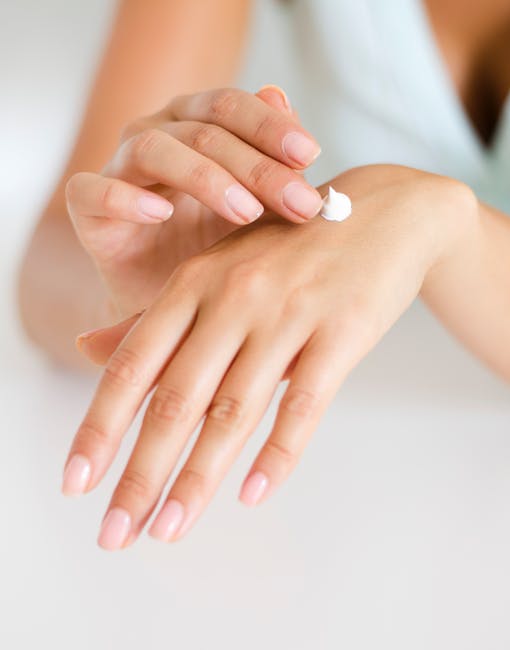Our skin loses its elasticity with time and starts to inhibit signs of aging. It loses fat, becomes thinner, and no longer looks as smooth as it used to. Bumps, cuts, and scratches no longer heal. Years of prolonged exposure to the sun may bring in age spots, wrinkles, or even dryness. However, there are things you can do to improve your skin elasticity as you get older.
Proper Skincare
Poor skincare routines can lead to loss of skin elasticity. Simple skin practices such as removing your makeup and cleaning your face before bed go a long way in keeping your skin healthy. Ensure you hydrate your skin at all times.
Get Enough Sleep

Your skin needs to regenerate; this only happens when you are asleep. Sleeping for at least six to nine hours will give you incredible results. Always have all the lights off while sleeping, as light interferes with recovery.
Include Anti-Oxidants In Your Diet.
Foods high in antioxidants such as vitamins E and C, lycopene, and carotenoids maintain skin elasticity. In addition, lower your sugar intake. Excess sugar damages your elastin and collagen fibers, leading to deep wrinkles, fine lines, and saggy jowls.
Limit Sun Exposure
Exposure to Ultraviolet rays reduces skin elasticity. It also leads to premature aging. Always have sunscreen on during summer and when basking in the sun. Using sunscreen doesn’t improve skin elasticity but ensures no further skin damage.
Avoid Smoking
People who smoke have less elastic skin than those who don’t. Smoking decreases your blood flow, limiting oxygen and nutrients’ ability to reach the skin. Smoking cigarettes also damages collagen fibers and elastin. Cigarette cessation will ensure healthy skin and body.
Moisturize Your Skin
Your skin can repair itself when it’s exposed to enough moisture. Moisture makes the skin less vulnerable to environmental damage from free radicals. Using a high-quality moisturizer will hydrate the skin, keeping it supple and radiant, enabling it to fight back.
Use Collagen Supplements
Collagen is vital in the maintenance of skin elasticity. It’s the most abundant protein in the body and depletes over time. It’s essential to try clinically formulated supplements to boost it.

Use Retinoids At Night.
Retinoid is a vitamin A-derived molecule that stimulates collagen production and increases skin cell turnover.
Incorporate retinoids in your nighttime skincare routine to improve the production of elastin fibers.
Be Consistent
Stick to your skincare routine and never deviate from it, even if it’s a minimal three-step routine. Consistent skin care is core to improving skin elasticity and boosting skin cell turnover. Consistency in skin care ensures that your skin is protected from pollution and free radicals.
Manage Stress
The cortisol your body produces is directly proportional to the amount of stress you have. Stress results in the high production of cortisol. Excess cortisol accelerates the loss of collagen and elastin, responsible for youthful skin texture.
Skin elasticity is what gives our skin its youthful look and feel. Loss of skin elasticity seems natural and normal, but it’s not. Skin routine practices like eating a healthy diet, avoiding cigarette smoking, and managing stress can prevent loss of skin elasticity.






